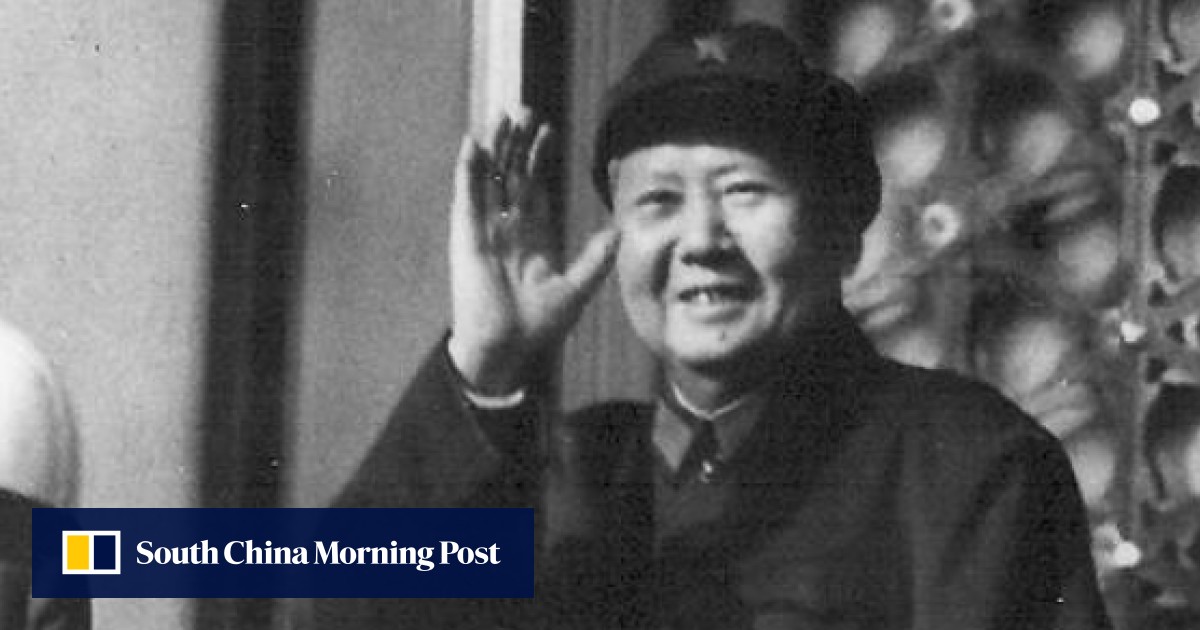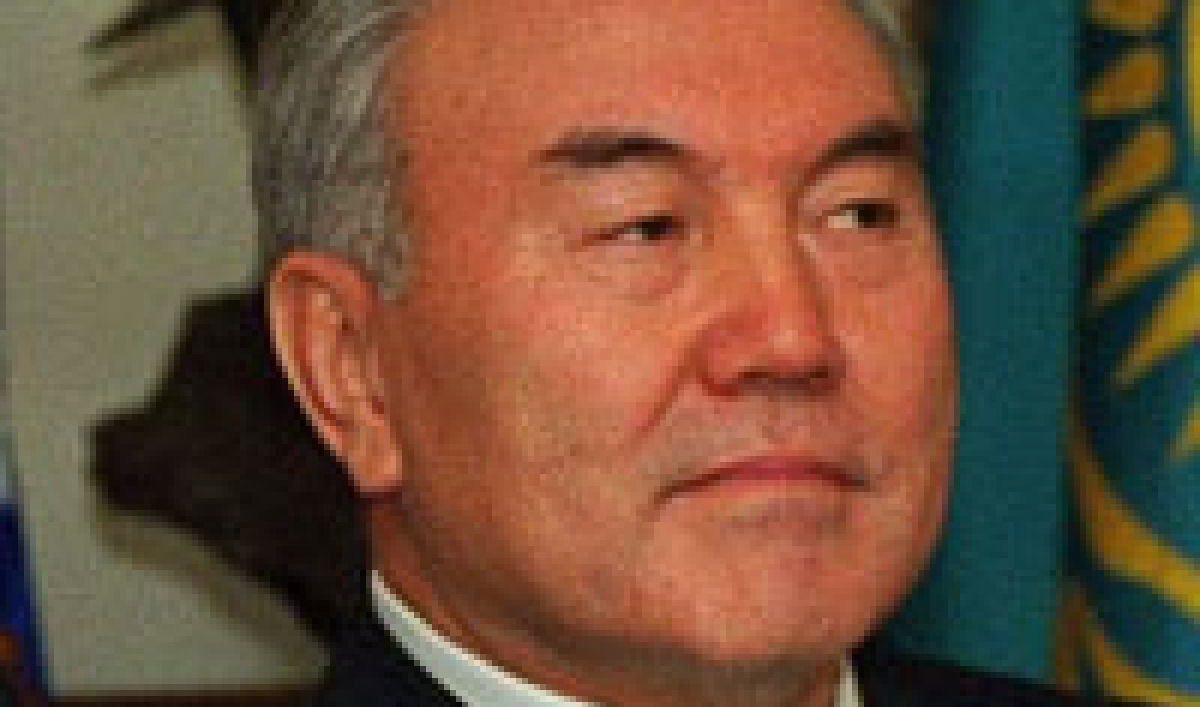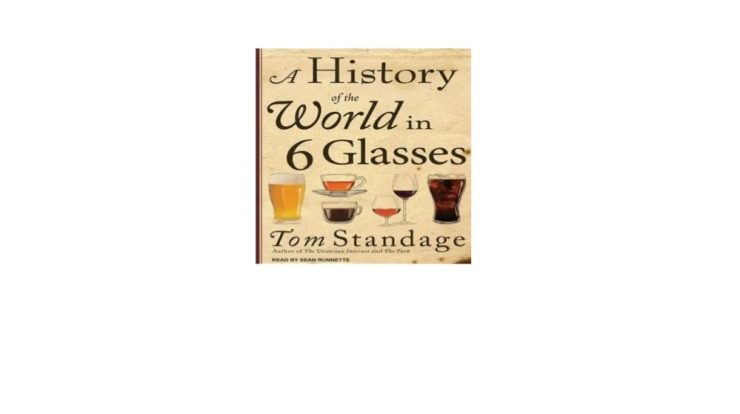Longtime ruler of communist china – At the helm of Communist China’s destiny, the longtime ruler’s leadership has left an indelible mark on the nation’s history. From shaping its political landscape to driving economic growth, their policies and ideologies have profoundly influenced the country’s trajectory. Delve into the captivating tale of this enigmatic figure and their lasting impact on China.
Their personal journey, political philosophy, and leadership style provide a fascinating lens through which to understand their transformative reign.
Personal and Political Profile
The longtime ruler of Communist China, Mao Zedong, was born on December 26, 1893, in Shaoshan, Hunan Province. He came from a humble peasant family and received a traditional Chinese education. In his early years, he was influenced by both Chinese and Western political thought, including Marxism.Mao
joined the Chinese Communist Party (CCP) in 1921 and quickly rose through the ranks. He played a key role in the CCP’s victory in the Chinese Civil War in 1949 and became the first Chairman of the People’s Republic of China.Mao’s
political ideology was based on Marxism-Leninism, but he also incorporated elements of Chinese traditional thought. He believed that the masses were the driving force of history and that revolution was necessary to overthrow the existing social order.Mao’s key policies included land reform, collectivization of agriculture, and the Great Leap Forward.
These policies had a profound impact on China, both positive and negative.Mao was a charismatic and authoritarian leader. He ruled China with an iron fist, suppressing all opposition. However, he was also a visionary leader who transformed China from a backward, agrarian country into a major world power.
Leadership Style
Mao’s leadership style was characterized by his charisma, his ability to connect with the masses, and his ruthlessness. He was a master of propaganda and used it to mobilize the Chinese people to support his policies.Mao was also a ruthless dictator who did not tolerate dissent.
He launched several political campaigns, including the Cultural Revolution, which resulted in the deaths of millions of people.Despite his authoritarian rule, Mao was a popular leader who was revered by many Chinese people. He is still considered one of the most important figures in Chinese history.
Economic and Social Policies: Longtime Ruler Of Communist China
The economic policies implemented during the leader’s rule were primarily focused on rapid industrialization and economic growth. These policies included a shift towards a centrally planned economy, with the government controlling key industries and directing investment. The impact of these policies was significant, leading to a period of sustained economic growth and modernization, but also to challenges such as income inequality and environmental degradation.
Industrialization and Economic Growth
- Establishment of state-owned enterprises (SOEs) in key industries, such as steel, energy, and manufacturing.
- Large-scale infrastructure projects, including the construction of dams, roads, and factories.
- Emphasis on heavy industry, with a focus on producing capital goods and machinery.
These policies led to a rapid expansion of the industrial sector and a significant increase in GDP. However, they also resulted in a concentration of economic power in the hands of the government and SOEs, and a neglect of the agricultural sector.
Social Reforms
In addition to economic policies, the leader also introduced a number of social reforms aimed at improving the lives of ordinary citizens. These reforms included:
- Expansion of education and healthcare services, making them more accessible to the general population.
- Land reforms, redistributing land from wealthy landowners to peasants.
- Improvements in housing and living conditions, particularly in urban areas.
These reforms had a positive impact on the living standards of many Chinese citizens, particularly in the early years of the leader’s rule. However, as the economy grew, income inequality increased, and some of the social reforms were gradually reversed or weakened.
Foreign Relations and Diplomacy

The longtime ruler of communist China adopted a pragmatic and flexible foreign policy approach, guided by the principles of non-alignment, independence, and self-reliance. They sought to maintain peaceful relations with other nations while pursuing China’s national interests.
Relationships with Other Nations
- United States:Initially hostile relations gradually improved, leading to the establishment of diplomatic ties in 1979.
- Soviet Union:Relations deteriorated after the Sino-Soviet split in the 1960s, leading to border clashes and diplomatic isolation.
- Developing Nations:China provided economic and political support to developing countries, gaining influence in the non-aligned movement.
Role in International Affairs
- United Nations:China became a permanent member of the UN Security Council in 1971.
- Non-Aligned Movement:China played a leading role in the non-aligned movement, advocating for the interests of developing countries.
- International Organizations:China joined various international organizations, including the World Trade Organization and the International Monetary Fund.
Impact on China’s Global Standing
- Improved Relations:China’s foreign policy helped improve its relations with many countries, increasing its global influence.
- Economic Growth:Opening up to foreign trade and investment contributed to China’s economic growth and development.
- International Recognition:China’s role in international organizations and its non-aligned stance gained it recognition as a major world power.
Legacy and Historical Impact
The legacy of the longtime ruler of Communist China is multifaceted and continues to be debated today. Their leadership had a profound impact on the country’s political, economic, and social landscape, both domestically and internationally.
Contributions and Challenges
The longtime ruler’s contributions include:
- Modernizing China’s economy and infrastructure
- Raising living standards for millions of people
- Strengthening China’s international standing
- Suppressing political dissent and human rights
They also faced significant challenges, including:
- The Great Leap Forward, which led to widespread famine
- The Cultural Revolution, which caused political and social turmoil
- The Tiananmen Square protests, which were brutally suppressed
Impact on China’s Political Landscape
The longtime ruler’s legacy is evident in China’s current political system. The Communist Party of China (CPC) remains the dominant political force, and the country continues to be a one-party state. The CPC has implemented a number of reforms since the longtime ruler’s death, but the basic structure of the political system has remained largely unchanged.
Impact on China’s Economic Landscape
The longtime ruler’s economic policies laid the foundation for China’s rapid economic growth in the decades following their death. The country has become one of the world’s largest economies, and hundreds of millions of people have been lifted out of poverty.
However, China’s economic growth has also led to a number of challenges, such as income inequality and environmental degradation.
Impact on China’s Social Landscape
The longtime ruler’s social policies had a profound impact on Chinese society. They promoted traditional Chinese values and emphasized the importance of family and community. They also implemented a number of social welfare programs, such as healthcare and education. However, the longtime ruler’s social policies were also criticized for being too restrictive and for suppressing individual freedoms.
Comparative Analysis with Other Leaders

The longtime ruler’s leadership exhibited both similarities and differences when compared to other notable leaders of Communist China. These leaders shared a commitment to Marxist-Leninist ideology and the establishment of a socialist state, but their approaches and policies varied significantly.
Leadership Styles
The longtime ruler was known for his pragmatic and authoritarian approach. He emphasized economic development and stability, often prioritizing these goals over political reforms or social justice. In contrast, other leaders, such as Mao Zedong, were more ideologically driven and pursued radical social and political transformations.
Economic Policies
The longtime ruler’s economic policies focused on market reforms and economic liberalization, while maintaining a strong role for the state in key industries. This approach differed from the more centrally planned economies implemented by Mao Zedong and other leaders. The longtime ruler’s policies led to significant economic growth but also increased income inequality.
Foreign Relations, Longtime ruler of communist china
The longtime ruler pursued a more pragmatic and conciliatory approach to foreign relations compared to some of his predecessors. He established diplomatic relations with Western countries and promoted international cooperation, while still maintaining China’s socialist ideology. This approach contrasted with the isolationist policies of Mao Zedong and the more confrontational stance of other leaders.
Impact on China’s Development
The leadership of the longtime ruler had a profound impact on China’s development. His economic reforms transformed the country into a global economic powerhouse, but also exacerbated social and environmental problems. His foreign policy initiatives brought China into the international community, but also led to tensions with some countries.
The legacy of the longtime ruler remains complex and contested, with his supporters crediting him with China’s economic success and his critics pointing to the social and political costs of his rule.
FAQ Compilation
What was the economic ideology of the longtime ruler of Communist China?
The ruler pursued a socialist economic model, emphasizing state control over key industries and a focus on collective ownership.
How did their foreign policy approach impact China’s global standing?
Their diplomacy aimed to balance engagement with the international community while maintaining China’s independence and sovereignty.

